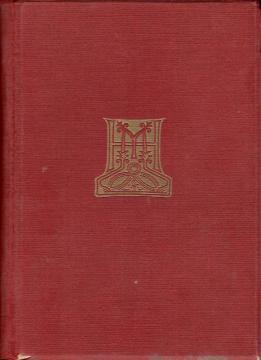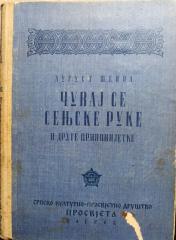
Seljačka buna
Seljačka buna je povijesni roman hrvatskog književnika Augusta Šenoe. Prvi put je objavljen u časopisu Vijenac 1877. godine. Jedan je od pet romana Augusta Šenoe i njegov najvažniji povijesni roman.
Radnja romana odvija se u sjevernoj Hrvatskoj, u vrijeme velikih društvenih nepravdi i okrutnosti feudalaca. Kroz bogatu galeriju likova, Šenoa prikazuje oštru podjelu između tlačenih seljaka i moćnih plemića.
Glavni likovi uključuju Matiju Gupca, vođu bune, koji je prikazan kao pravedan, hrabar i razborit seljak, te baruna Franza Tahyja, okrutnog plemića čije su zloporabe potaknule ustanak. Uz njih su i Petar, mladi seljak i borac za pravdu, te njegova ljubav Dora, koja unosi emotivnu dimenziju u priču.
Seljaci se organiziraju i ustaju protiv vlastelinske samovolje, sanjajući o pravednijem društvu u kojem će svi biti ravnopravni. Iako isprva uspješni, pobunjenici su na kraju poraženi. Gubec je uhvaćen, mučen i pogubljen na zagrebačkom Markovu trgu, čime Šenoa zaključuje priču tragičnim, ali dostojanstvenim krajem.
Roman ističe ideju narodnog jedinstva, borbe za slobodu i pravdu, ali i upozorava na posljedice prebrzih i loše organiziranih revolucija. Šenoa koristi povijest kao okvir za promicanje humanističkih i patriotskih vrijednosti, čime djelo ima i snažnu društvenu poruku.
Angeboten wird ein Exemplar
- Blago oštećenje korica





